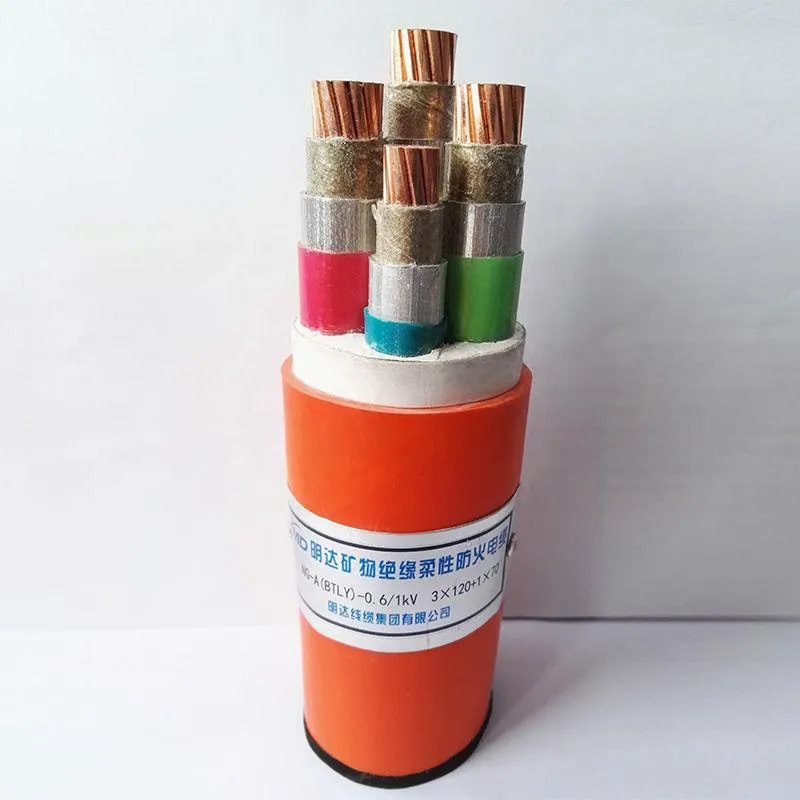Nov . 29, 2024 15:57 Back to list
SS Ball Valve for Reliable Performance in Various Applications and Environments
Understanding the SS Ball Valve A Comprehensive Overview
Introduction
The stainless steel (SS) ball valve is a vital component in a myriad of industrial applications. Renowned for its reliability, durability, and efficiency, this type of valve is an essential part of fluid control systems in various sectors, including oil and gas, water treatment, food processing, and chemical manufacturing. In this article, we delve into the features, advantages, applications, and maintenance of SS ball valves.
What is a Ball Valve?
A ball valve is a type of quarter-turn valve that uses a spherical disc (the ball) to control the flow of fluid. When the valve's handle is turned, the hole in the ball aligns or misaligns with the flow direction, allowing for complete shut-off or unrestricted flow. SS ball valves are made of high-quality stainless steel, making them suitable for high-pressure and high-temperature applications.
Features of SS Ball Valves
1. Material Composition Stainless steel offers excellent corrosion resistance, high strength, and the ability to withstand extreme temperatures. Common grades include 304 and 316 stainless steel, with 316 being used for more aggressive environments due to its higher nickel content and additional molybdenum.
2. Design Flexibility SS ball valves come in various sizes and designs to suit different installation needs. Standard configurations include full-port, reduced-port, and three-way valve designs, allowing for greater flexibility in system design.
3. Operating Mechanism The simple quarter-turn mechanism simplifies operation. This feature makes SS ball valves ideal for situations requiring rapid on-off control.
4. Sealing Capability With tight shut-off capabilities, SS ball valves are designed to prevent leaks, providing a reliable sealing mechanism that is essential in preventing fluid loss and ensuring safety in industrial settings.
Advantages of SS Ball Valves
1. Durability Stainless steel has a long service life, resistant to wear and tear, and can handle extreme conditions without degrading.
2. Low Pressure Drop Full-port designs minimize flow resistance, resulting in lower pressure drops compared to other valve types. This feature enhances system efficiency.
3. Fast Operation The quarter-turn operation allows for quick and easy adjustments, making them user-friendly and efficient.
ss ball valve

4. Maintenance-Free SS ball valves require minimal maintenance due to their robust design and high durability, reducing overall operational costs.
5. Versatile Applications They can be used in various applications, including water supply systems, oil and gas extraction, food and beverage manufacturing, and chemical processing.
Applications of SS Ball Valves
SS ball valves are widely employed across different industries
1. Oil and Gas Used in upstream and downstream applications, SS ball valves help in controlling the flow of oil and gas safely and effectively.
2. Water Treatment They are utilized in water treatment plants for regulating the flow of water and ensuring the effective treatment of drinking water.
3. Food and Beverage Industry SS ball valves are crucial in food processing plants, where sanitation and cleanliness are top priorities, and they help in controlling fluid flow in various stages of production.
4. Chemical Industry These valves handle various corrosive substances safely, ensuring that processes remain efficient and secure.
Maintenance Tips
While SS ball valves are known for their low maintenance, periodic checks can enhance their longevity
- Inspection Regularly inspect valves for leaks or corrosion. - Actuator Checks Ensure the actuator mechanism (if present) is functioning correctly. - Lubrication Apply lubricant to stem seals as required to prevent sticking.
Conclusion
In summary, SS ball valves represent a robust and essential component in modern industrial applications. Their combination of durability, reliability, and efficiency makes them an ideal choice for various fluid control needs. By understanding their features and benefits, industries can make informed decisions regarding their use in process management and safety. As technology progresses, the applications and improvements in SS ball valves are likely to expand, making them an ever-important fixture in many sectors.
Share
-
Reliable Wafer Type Butterfly Valves for Every IndustryNewsJul.25,2025
-
Reliable Flow Control Begins with the Right Ball Check ValveNewsJul.25,2025
-
Precision Flow Control Starts with Quality ValvesNewsJul.25,2025
-
Industrial Flow Control ReliabilityNewsJul.25,2025
-
Engineered for Efficiency Gate Valves That Power Industrial PerformanceNewsJul.25,2025
-
Empowering Infrastructure Through Quality ManufacturingNewsJul.25,2025